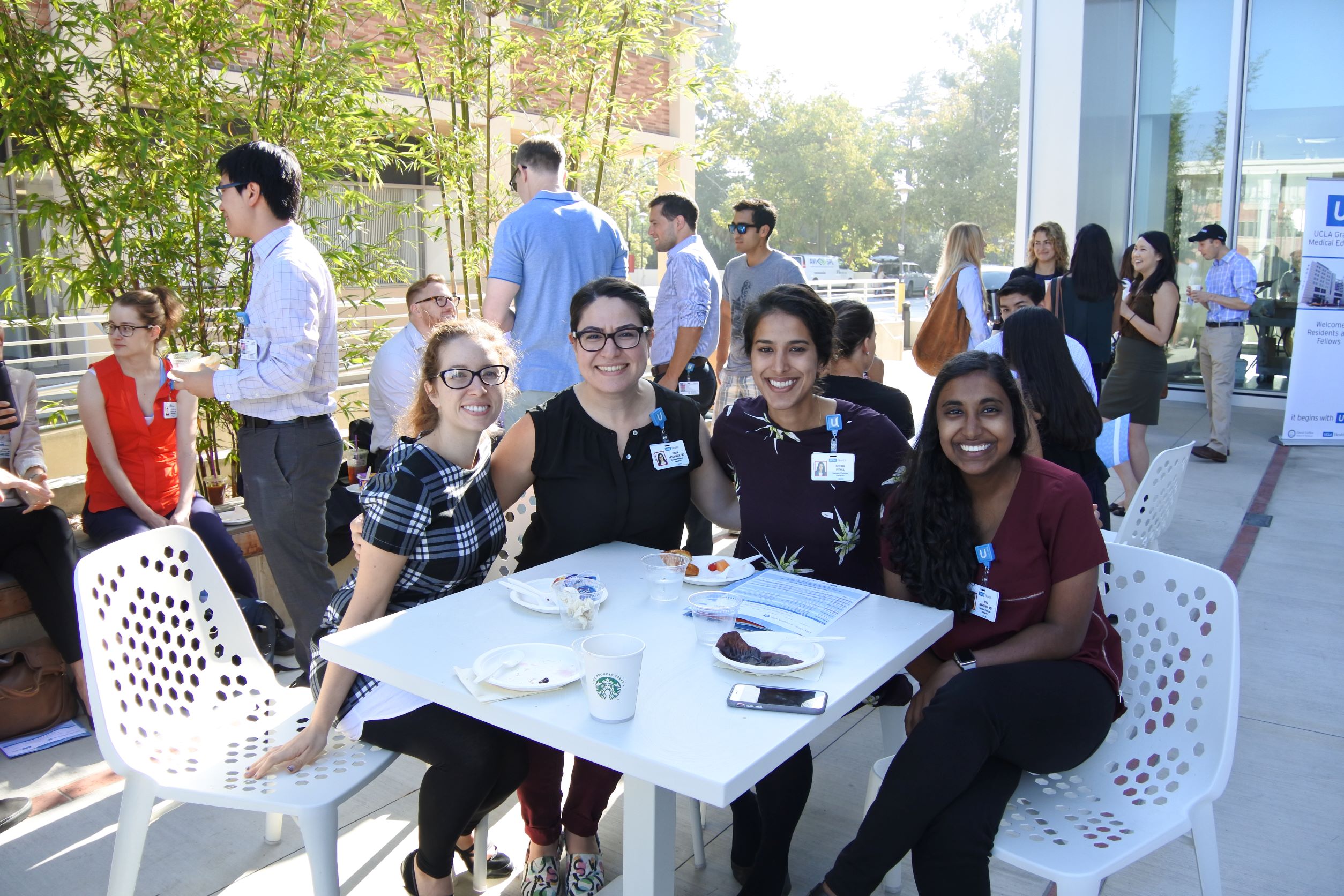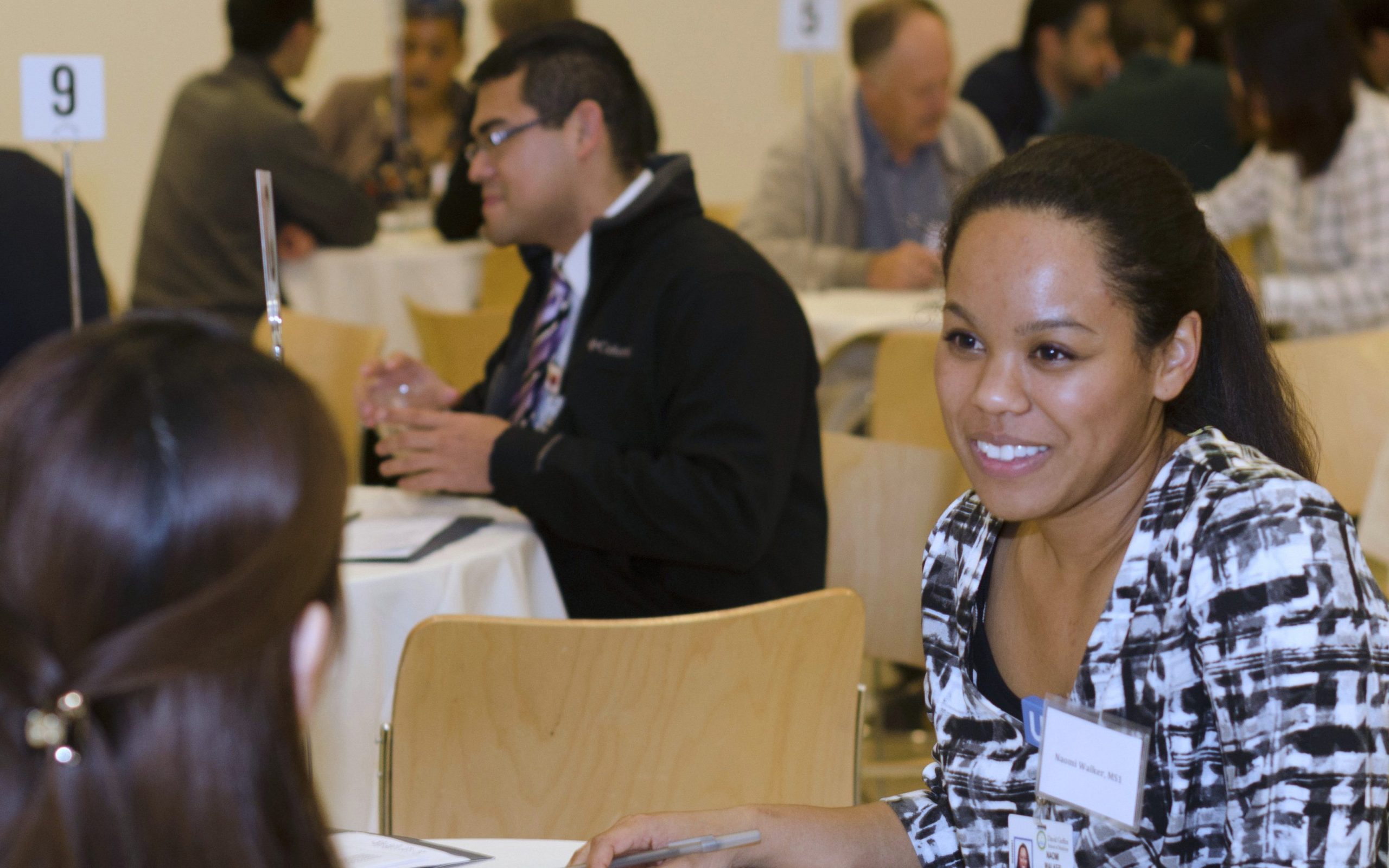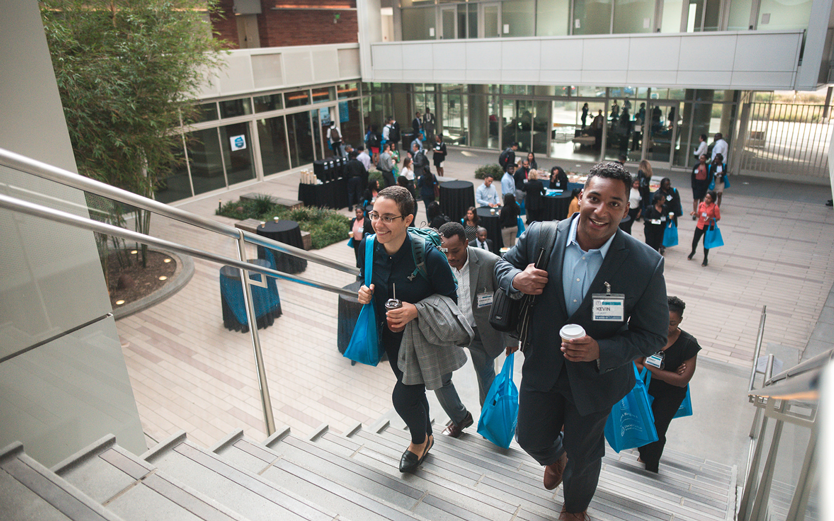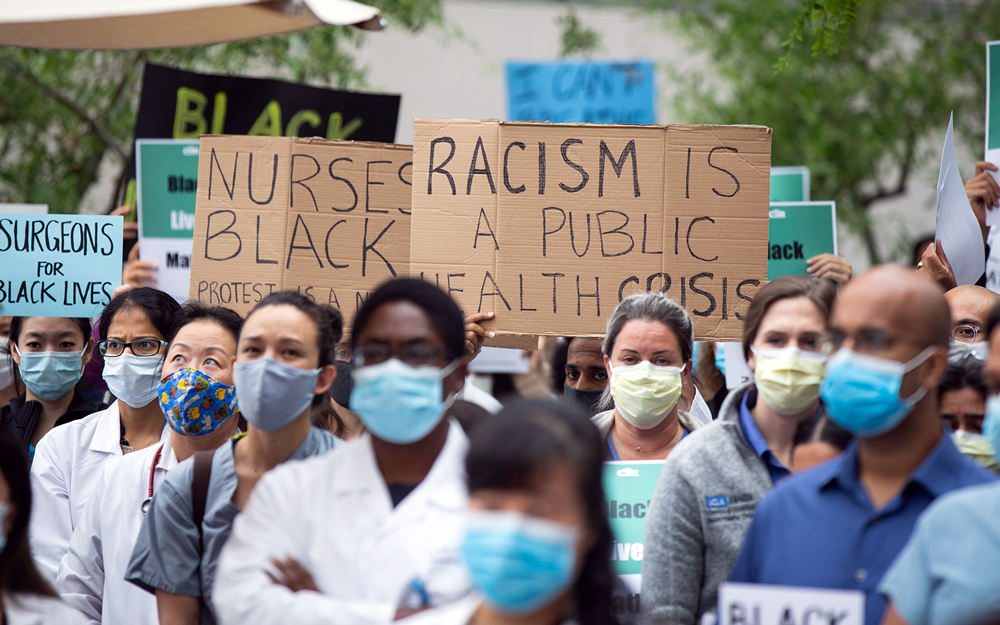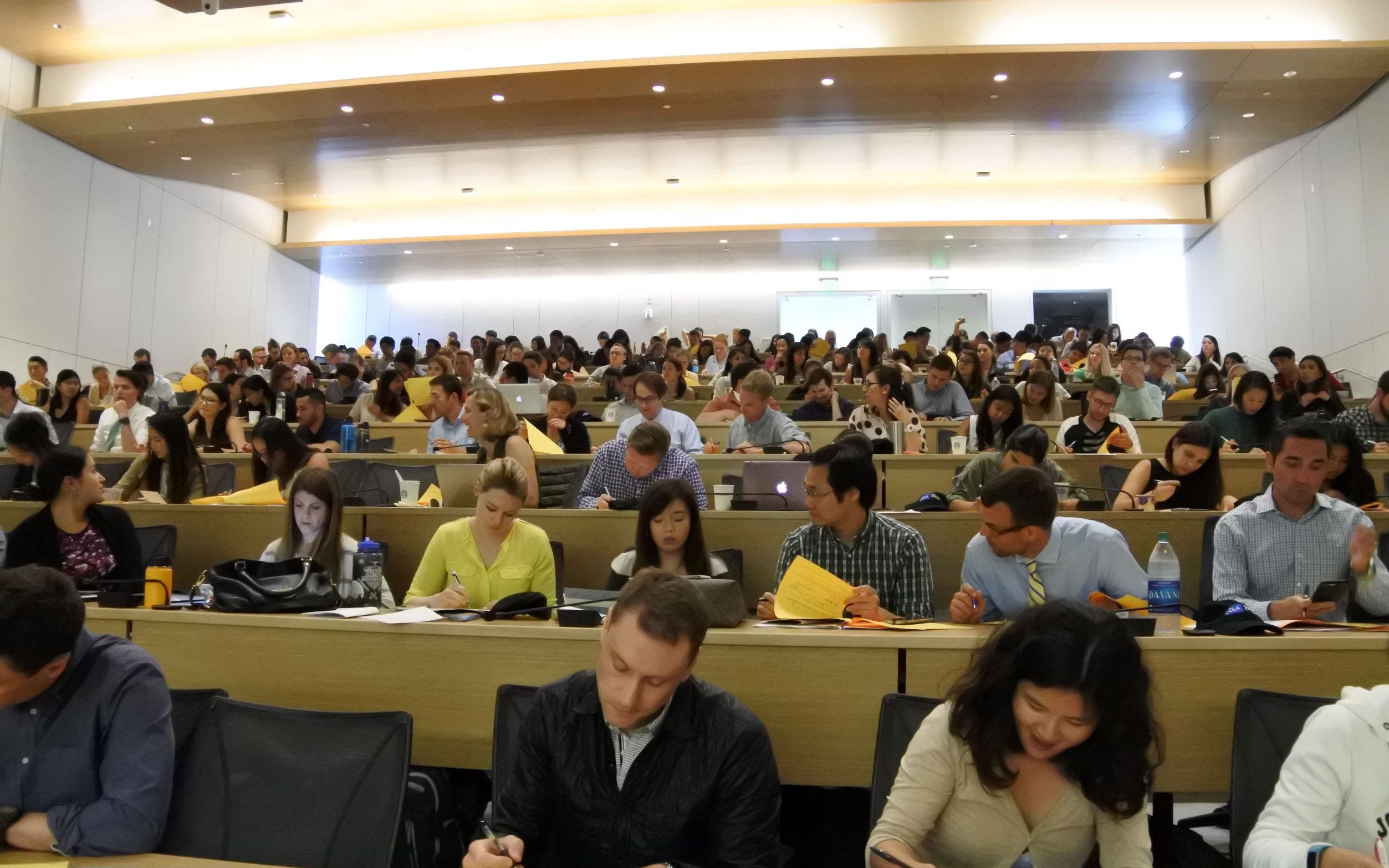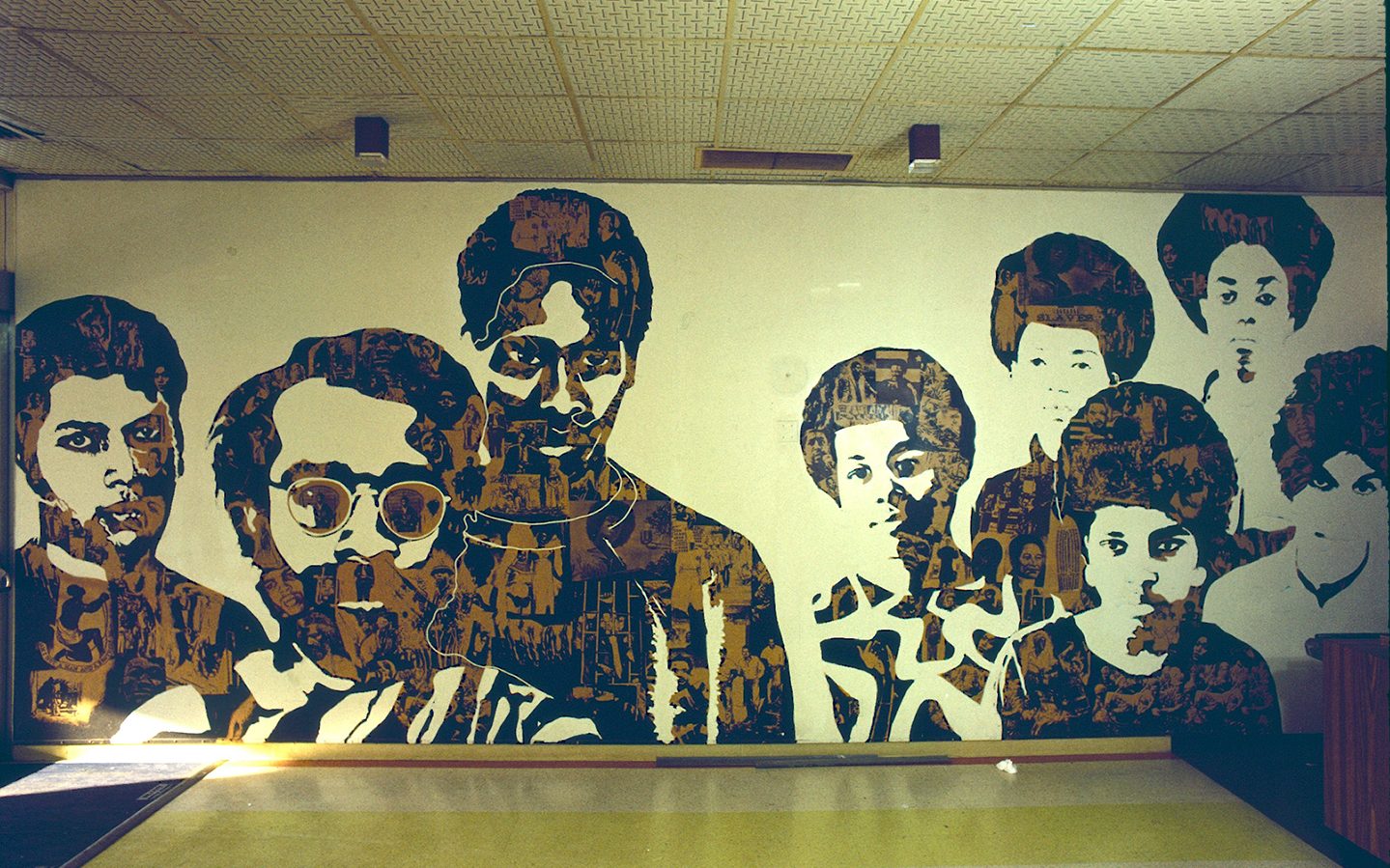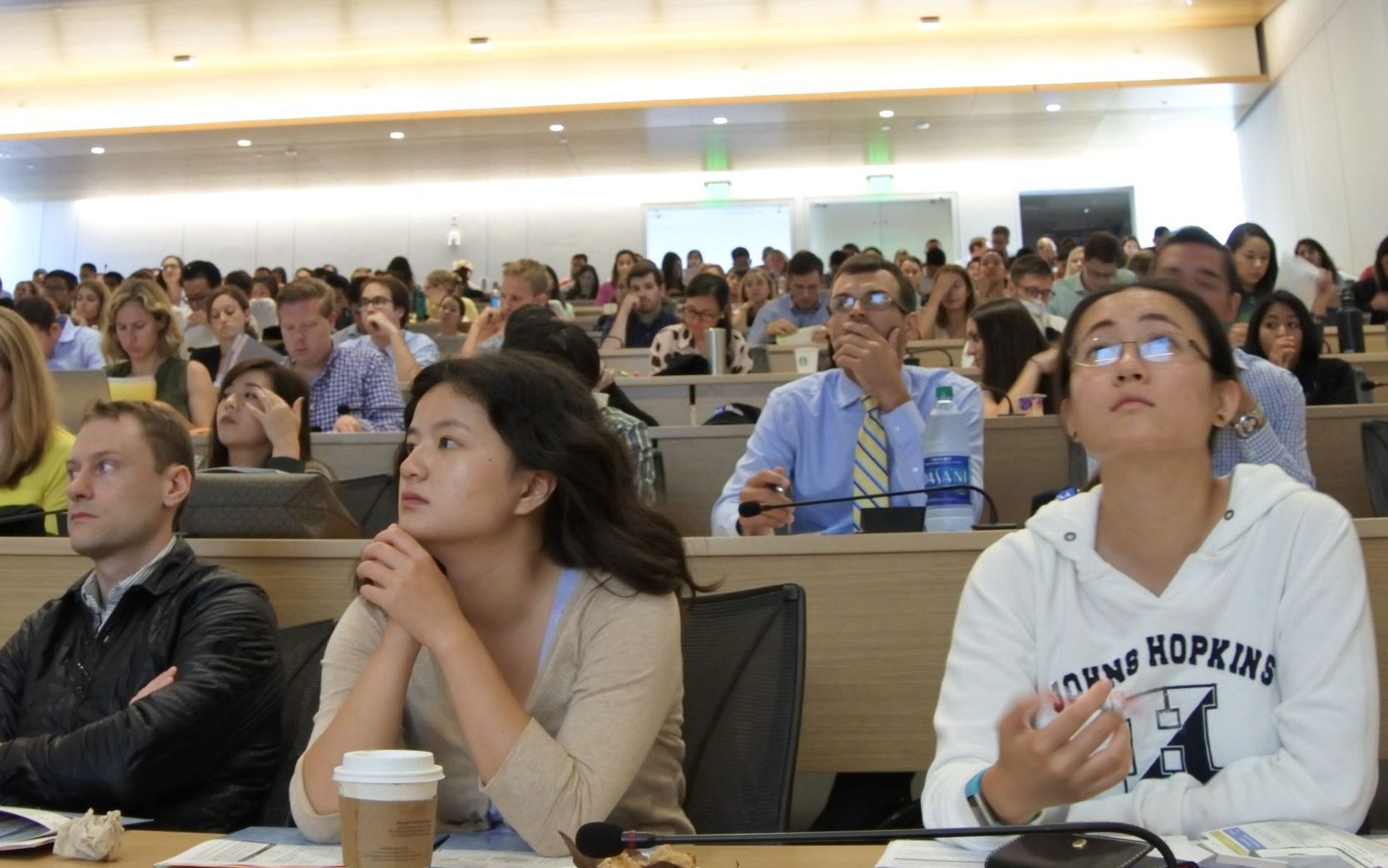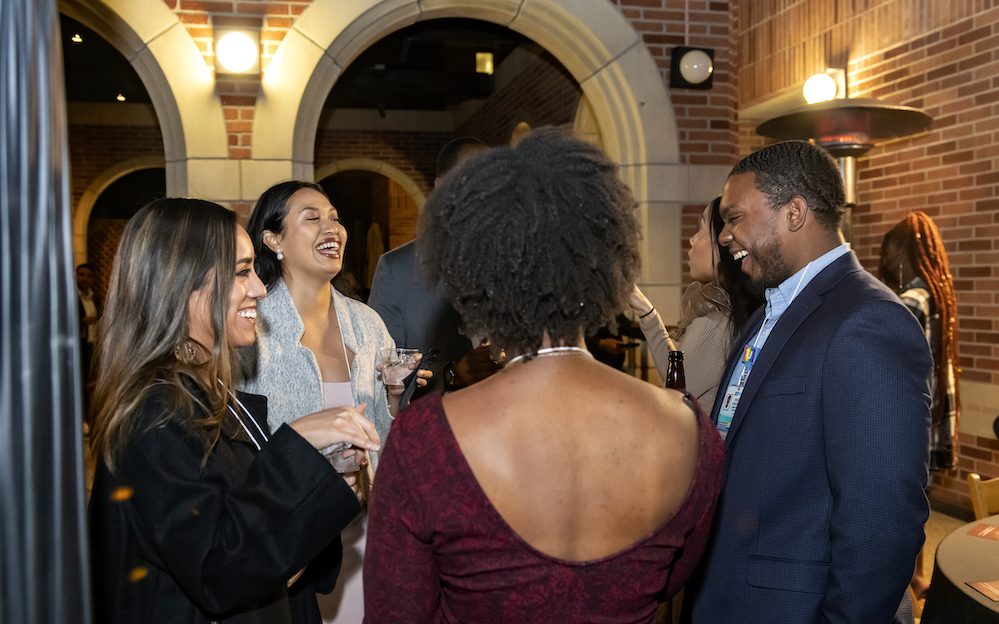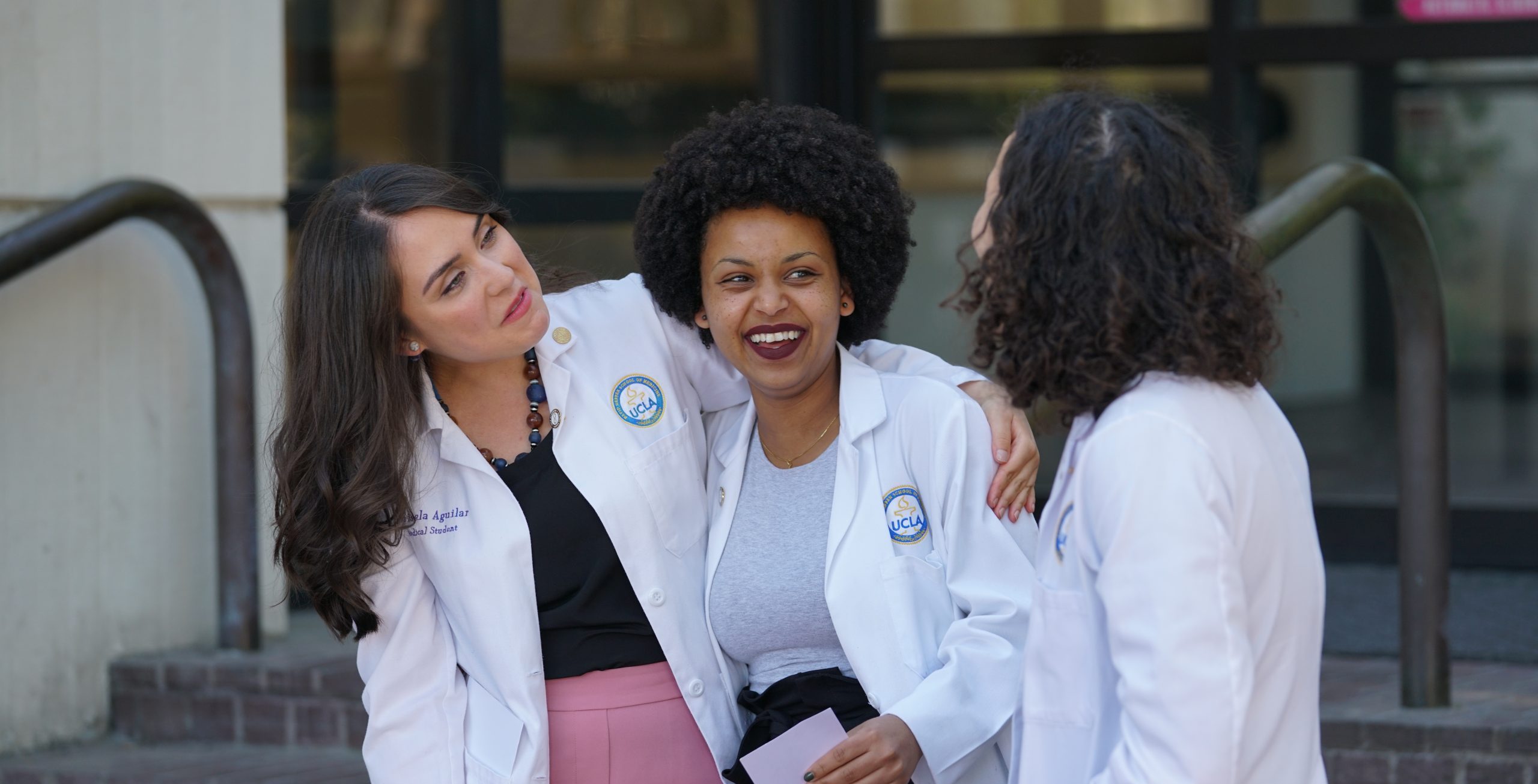
We look back on our 70-year history with admiration for the compassionate spirit and accomplishments of our DGSOM community.
In 2021, you have carried on the DGSOM tradition of teamwork engagement leading to profound impact. You have chosen to be persistent and excel in order to make things better in a year filled with challenges and uncertainty. You have supported one another with unwavering empathy and humanism.
This reflection highlights only some of your many accomplishments and contributions. Our sense of gratitude extends to each of you for the work you have done to advance our core missions in education, research, community engagement, and clinical care.
Observing your collaborative teamwork throughout the past year has deepened my appreciation for the strength of our community, and reinforced my belief that we will take advantage of our academic opportunities to meet the challenge of transforming the future of healthcare.
With my gratitude,
Steve Dubinett
Steven Dubinett, Interim Dean, David Geffen School of Medicine at UCLA

To all our staff:
We thank you for uniting to advance our institutional goals and creating a more inclusive work environment.
To all our faculty:
We thank you for your stewardship promoting excellence in scholarship, collaboration, mentorship, and scientific inquiry.
To all our trainees:
We thank you for your dedication to, and participation in, patient care as you proceed in developing your clinical expertise.
To all our students:
We thank you for your commitment to your education in patient care and community service, and outreach in antiracism leadership.
A year of reflection and revisioning
2021 was an important year for DGSOM’s office of Justice, Equity, Diversity, and Inclusion (JEDI). The office established and strengthened partnerships across UCLA, reflected on ways every community member could be optimally represented in missions and goals, and successfully vetted and launched a strategic JEDI Plan focused on accountability and transparency. A new Vice Dean, Dave McIntosh, PhD, MA, joined the team and Senior Associate Dean, Lynn Gordon, MD, PhD — who set the foundation for equity, diversity, and inclusion work — retired.
These overarching themes, as well as the additional highlights you see below, reflect only a sampling of the work done to advance justice, equity, diversity, and inclusion both within the JEDI Office and across the DGSOM community.
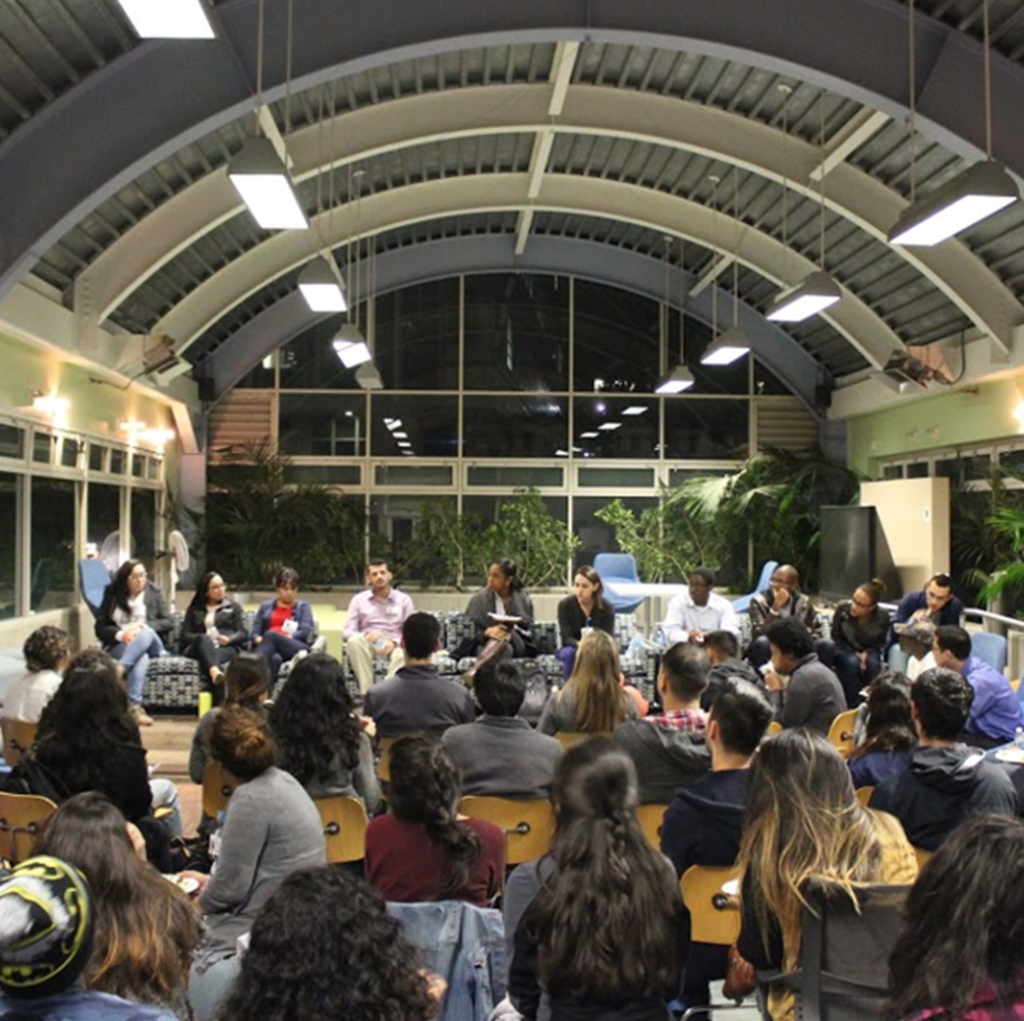
Partnerships
Relationships with key partners allow us to focus on common missions, share resources and collective knowledge, and ultimately, maximize impact for our communities.
- Health Equity, Diversity, and Inclusion (HEDI) Office from the UCLA Health system, led by Medell Briggs-Malonson, MD, MPH
- UCLA main campus Office of Equity, Diversity, and Inclusion, led by Vice Chancellor Anna Spain Bradley, JD
- Affinity groups within the DGSOM, including those that are faculty/staff and learner focused
Staff Focus
We recognize the important roles that staff play in the daily work at the DGSOM and are excited to integrate staff into our mission and goals by shifting professional development offerings, our data analysis practices, and more.
Strategic JEDI Plan
The plan integrates priorities from both the JEDI and Health Equity, Diversity and Inclusion (HEDI) offices and enables each department to focus on the endemic issues and strategies that are discipline and space specific.
- People
- Climate
- Policies/programs/practices/procedures
- Professional development/education
- Community engagement
- Patient care
“I think we are poised for amazing things relative to justice, equity, diversity and inclusion.” – Dr. David McIntosh
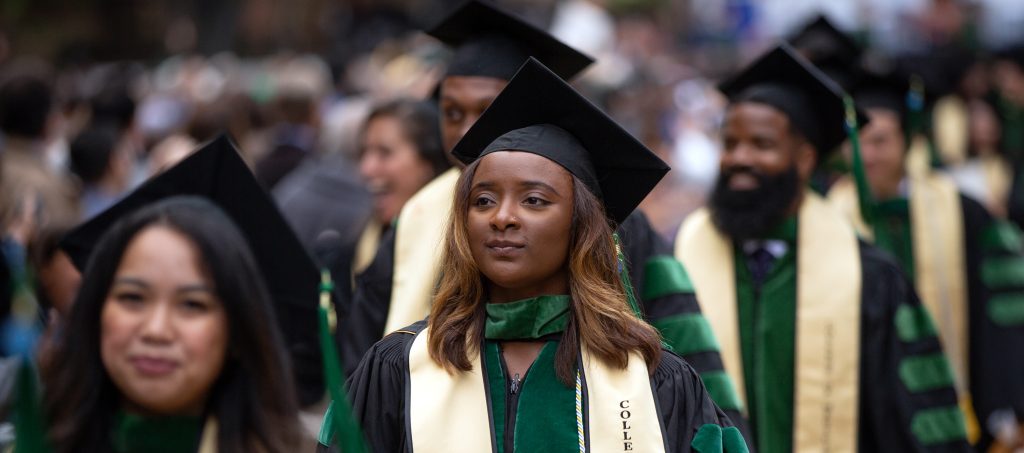
In 2021…
We welcomed a diverse incoming class.
- 45% of incoming medical students are first generation college students
- 41% of incoming medical students are from backgrounds traditionally underrepresented in medicine
- 34% of incoming graduate trainees are from backgrounds historically excluded from science
- 33% of incoming graduate trainees are first generation college students
94%
Of graduating students reported being satisfied with the quality of their medical education, a rate among the highest in the country
Heals Curriculum
We launched a new medical curriculum designed to evolve along with changes in science and medicine
Accreditation
The Liaison Committee for Medical Education (LCME) granted us an eight-year accreditation status, the agency’s strongest endorsement
Record applications
A record number of prospective students ( 14,000+) applied to our undergraduate medical programs and graduate programs in bioscience
2021 Education Highlights
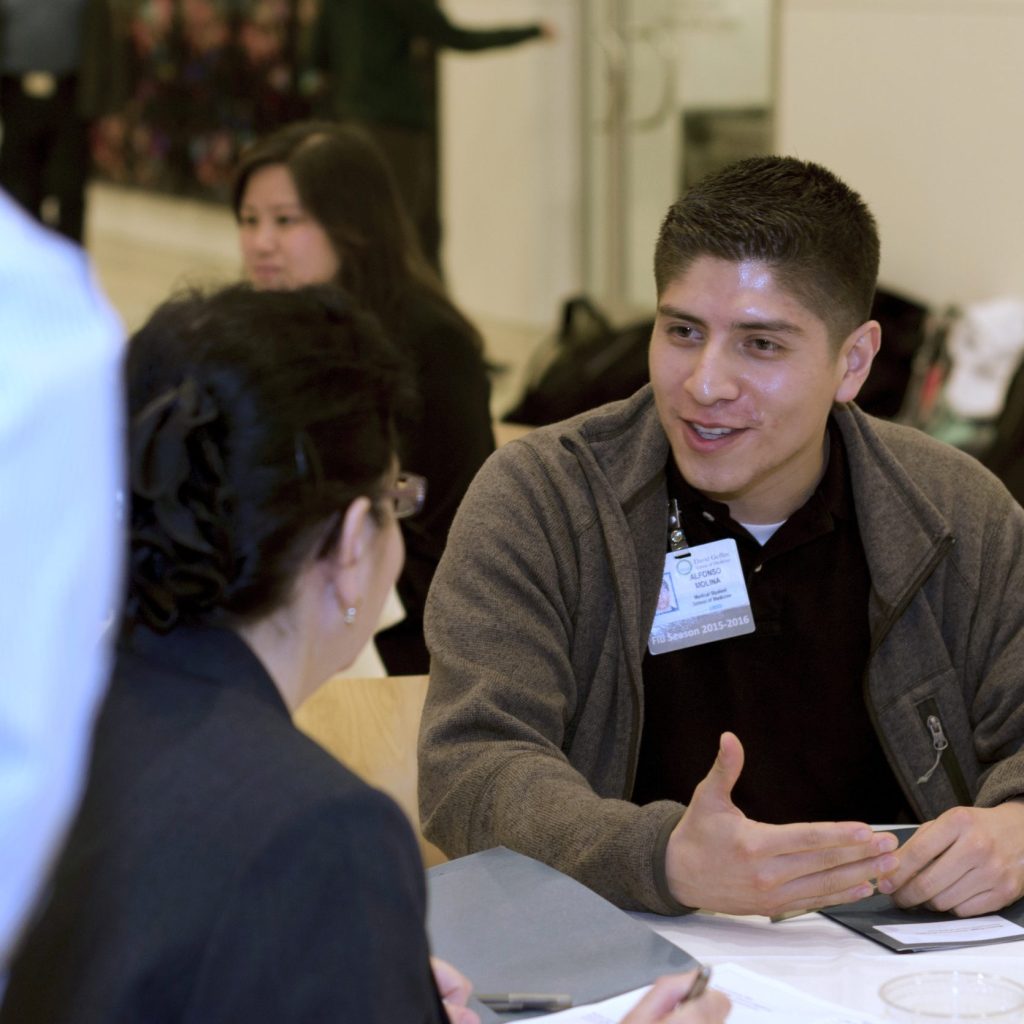
Advancing scholarship
New initiatives enhanced the education, training, and support available to students, trainees, faculty members, and postdoctoral scholars.
- Establishing the Academy for Excellence in Medical Education
- Creating the Specialty Advisors for Career Exploration (Specialty ACE) Program
- Welcoming six new ACGME-accredited graduate training programs
- Creating a new “Local-Global” clinical elective
- Adding new mentor development and train-the-trainer programs in the Graduate Programs in Bioscience

Adapting to remote learning and training
Additional processes and resource offerings optimized the remote and hybrid experience for students, faculty, postdoctoral scholars, and trainees.
- Offering applicants virtual interview sessions, virtual office hours, remote information sessions, and an online social engagement platform
- Developing live virtual Continuing Medical Education activities educational activities, including 27 live courses
- Leveraging a funding opportunity to help postdoctoral scholars and other trainees deal with the costs associated with COVID-19, such as unexpected childcare needs or setting up stations to work from home
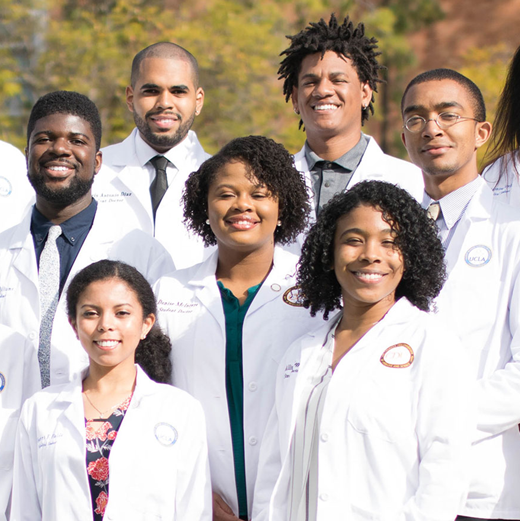
Adding programs and opportunities
New programs and initiatives increased dialogues and strengthened the equitable foundation supporting all our education programs.
- Helping develop a grassroots advocacy organization, U ACT
- Creating a global health equity pathway for medical students
- Providing, via the UCLA Summer Health Professions Education Program (SHPEP), educationally and financially disadvantaged community college students with enriching educational experiences
- Launching, “Driving Real Change,” a major school-wide initiative to improve our clinical learning environment, which involves meeting with departments and stakeholders to better understand any sources of student mistreatment and also encouraging students to report incidents of mistreatment through the Mistreatment Incident Reporting Form (MIRF)
Clinical Innovations
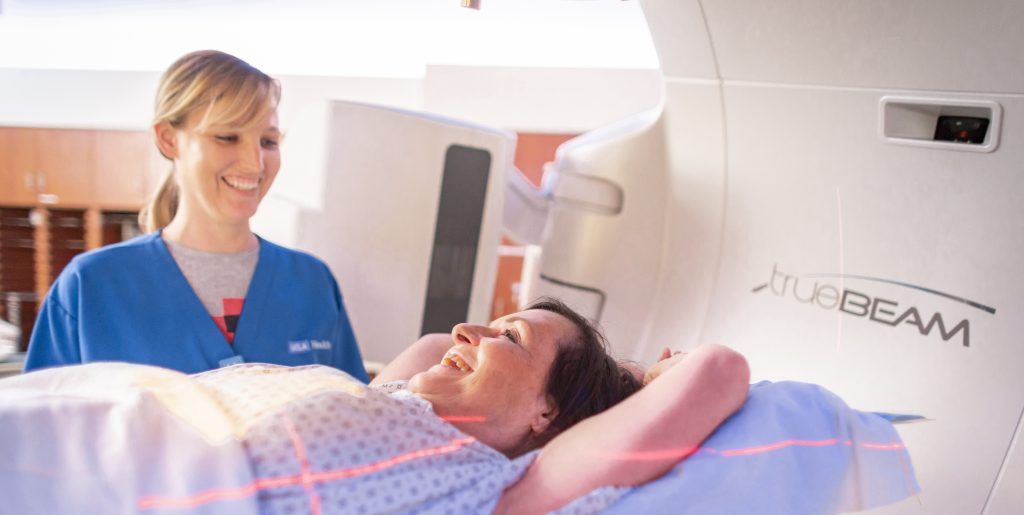
2021 Clinical Innovation Highlights
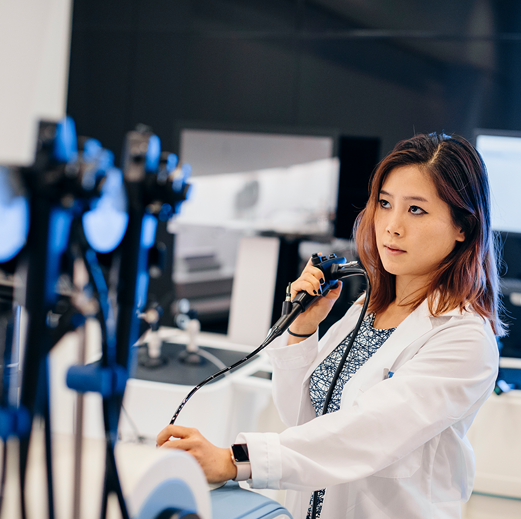
Enabling precision care
The implementation of a machine learning algorithm to help predict which patients would be admitted to the ER or hospital within a year based on their last clinical visit.
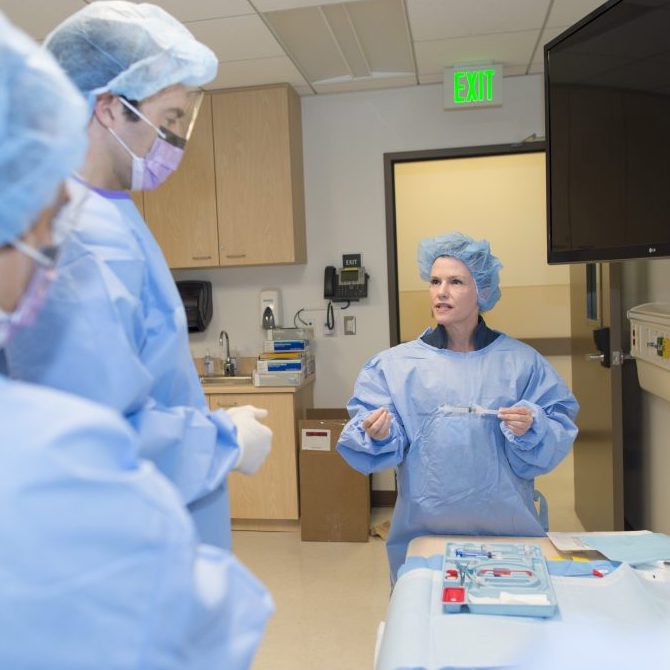
Advocating for patient and provider safety
New voice/text-responsive virtual simulations (using natural language processing) will teach medical chaperones and clinical staff how they can speak up and advocate for patient and provider safety.
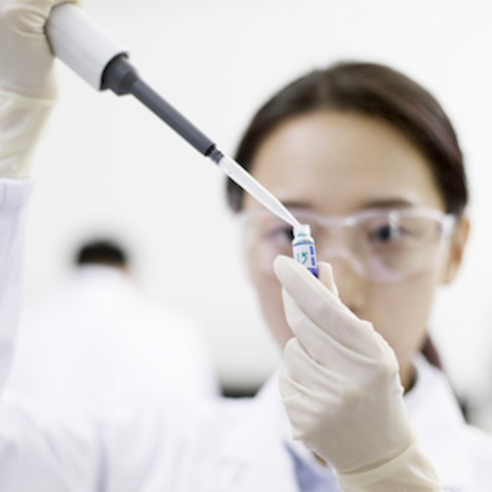
Uncovering new therapies
A variety of new partnerships, trials, and studies hold promise for treating and potentially curing a range of conditions.
- Launching a clinical trial using CRISPR to correct the mutation that causes sickle cell disease
- Entering a partnership with Autobahn to provide both funding and in-kind drug development expertise for projects at an earlier stage than traditional Venture Capital
- Receiving a grant to develop cell therapies for melanoma and multiple myeloma
- Receiving a grant to develop lab-grown mini tumors that can help identify treatments for rare types of neuroendocrine cancer
Mobilizing to stop COVID-19
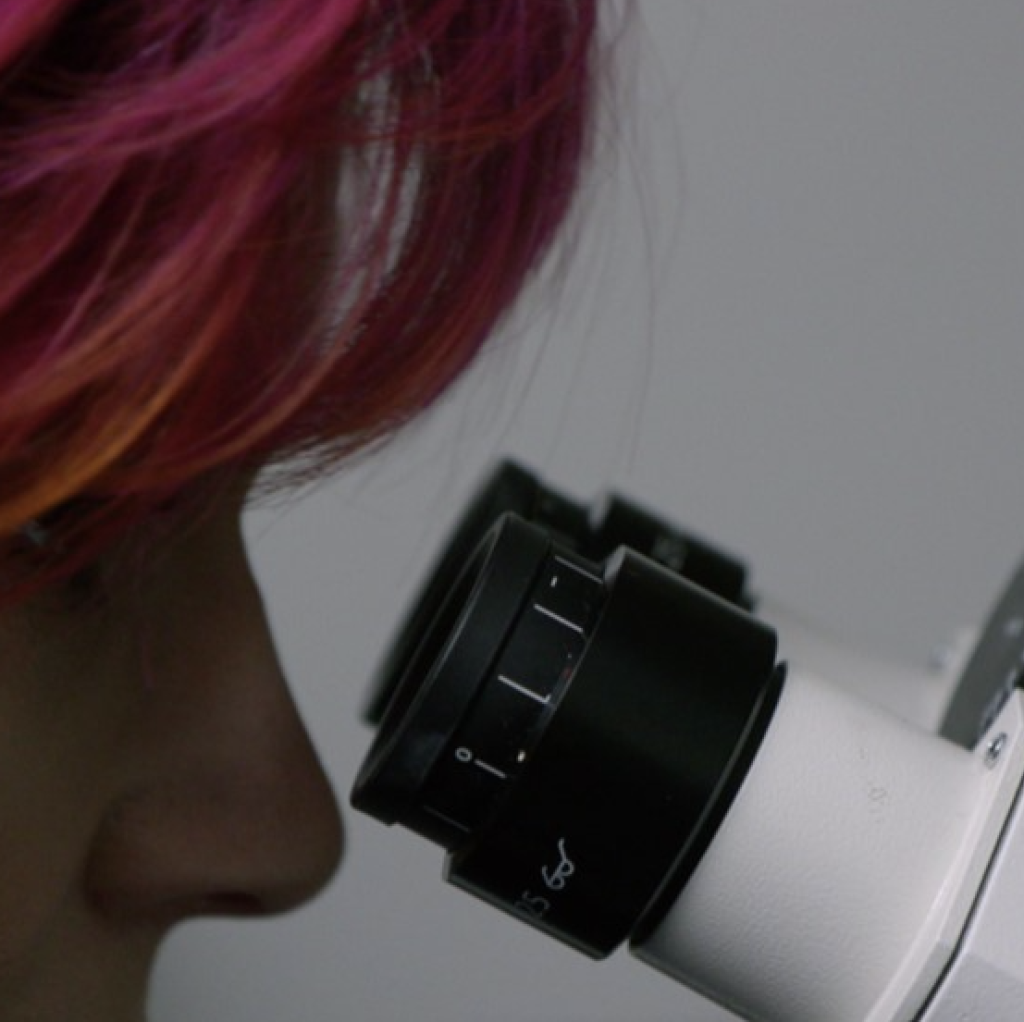
By collaborating across disciplines,
UCLA researchers exponentially grew our understanding of the virology and immunology of SARS-CoV-2. Their efforts informed and bolstered society’s broader success in limiting the spread of COVID-19, treating its most devastating symptoms and long-term effects, and developing vaccinations that effectively protect against infection.
UCLA contributions to COVID-19 countermeasures include, but are not limited to…
- Identifying gender specific differences that may contribute to heart disease and the cardiac response to COVID-19
- Pinpointing biomarkers for treatment and prognosis
- Creating viral infection models to enable more precise studies
- SWAB-Seq COVID-19 testing development and rollout, which facilitated a safer return to campus
- Investigating immune responses induced by SARS-CoV-2 infection in high-risk populations
Unified Research Themes
Research theme members collaborate across disciplines to solve our most pressing biomedical challenges. The information below reflects only a sampling of this community’s studies, advances, and discoveries.
Cancer
Jonsson Comprehensive Cancer Center (JCCC) teams helped millions of people avoid (or obtain the most advanced treatment for) cancer
In 2021, the UCLA Health JCCC was named the No. 8 hospital for cancer care in the country and No. 1 in Los Angeles and California by U.S. News & World Report in its annual Best Hospital Specialty Rankings issue. Additionally, JCCC teams of investigators conducted groundbreaking research on a variety of cancer types.
Research advances include:
- Concluding that a growing number of women forgoing reconstruction after a mastectomy are satisfied with their choice
- Establishing that treating women with HER2-positive metastatic breast cancer with the promising new drug trastuzumab deruxtecan (T-DXd) significantly prolongs the length of time the disease is controlled and cancer growth halted when compared to the current standard of care, trastuzumab emtansine (T-DM1)
- Identifying which patients with prostate cancer will benefit most from the use of a PMSA PET scan
- Informing the customization of treatments for hard-to-treat cancers and other diseases by pinpointing some emerging drugs that alter metabolic pathways responsible for generating DNA used in cell replication
- Demonstrating that a combination of modest dietary changes and exercise can dramatically improve survival outcomes for those with acute lymphoblastic leukemia, the most common childhood cancer
Cardiovascular
Cardiovascular theme members established sophisticated new models for studying cardiac disease.
The theme created core services this last year for performing sophisticated injury models and hemodynamic measurements of cardiac function in pre-clinical models of cardiac disease. The theme has also established a human cardiac muscle core to distribute pluripotent stem cell derived heart muscle cells to UCLA cardiovascular researcher for identifying new drugs and other therapeutics for heart muscle abnormalities. The initiation of the core services is expected to accelerate team science and make UCLA more competitive for large grants related to cardiac disease.
Additional research achievements include:
- Creating the first detailed anatomical atlas of innervation of the heart’s pacemaker
- Identifying a new class of anti-arrhythmic agents targeting the L type calcium channel
- Establishing that dynamic changes in chromatin occur in the heart and are strongly associated with the development of heart failure
- Enhancing understanding of cardiac repair, and cholesterol and trigycleride metabolism
- Pinpointing gender specific differences that may contribute to heart disease and the cardiac response to COVID-19
I3T
I3T theme members collaborated across disciplines to advance COVID-19 research.
Members of the Immunology, Inflammation, Infection and Transplantation (I3T) collaborated across other themes and disciplines to make critical contributions to understanding the fundamental virology and immunology of SARS-CoV-2 and to uncovering translational insights and potential therapies.
Metabolism
Metabolism research theme members convened colleagues to advance metabolic research and amplify existing knowledge
The Theme expanded its regular activities to convene colleagues at UCLA and around the world during interest group meetings, seminars, career development talks, and its 5th UCLA Mitochondria Symposium.
Research highlights include:
- Publishing on the development of technology to image tumor metabolism using PET, where tumors could be categorized based on their nutrient dependencies and then treated with drugs that inhibit their ability to grow
- Identifying a role for child obesity in reduced response to chemotherapy in children with leukemia.
- Determining a role for mitochondrial metabolism in CORONA virus replication.
- Developing a novel approach to measure mitochondrial respiration in frozen biological samples, eliminating the previous hurdles associated with measuring oxygen consumption in fresh biological samples
Neuroscience
Neuroscience theme members secured funding for investigations that aim to uncover mechanisms of brain disorders and to inform the development of therapies.
The UCLA Neuroscience Theme established a long-term vision statement, “Understanding the Human Brain.” This vision unites the theme’s large and diverse research community spanning the breadth of neuroscience.
Theme highlights include:
- Welcoming Hongwei Dong (Department of Neurobiology), Anne Churchland (Department of Neurobiology) and Aparna Bhaduri (Department of Biological Chemistry) to the theme.
- Securing funding to:
- Investigate the role of ultrasound on treating Parkinson’s disease, study the structure of pathological forms of alpha-synuclein fibrils, and explore development of novel chemical inhibitors of nSMAse2 as potential therapeutics for Parkinson’s Disease
- Study stroke and regeneration and the mechanisms of human cognition
- Study the development of prefrontal cortex and the effects of early life experience in mice
Regenerative Medicine
UCLA Broad Stem Cell Research Center investigators continue to collaborate across disciplines and schools—including Medicine, Engineering, Dentistry, Public Health and the College—to build a strong foundation for the translation of stem cell discoveries to the clinic.
Between 2020-2021, the Center collaborated with the DGSOM to catalyze and support COVID-19 research and clinical trials. The Center’s contribution of $3 million to this initiative funded 25 projects across a range of scientific and clinical areas including immunology, cardiology, neurology, pharmacology, engineering and genetics, to develop new tools, technologies and therapies that address the pandemic.
Additional Center achievements include:
- In 2021, Center investigators were awarded more than $22 million in grants from the California Institute for Regenerative Medicine (CIRM), the state’s stem cell agency, to support discovery and translational stage research projects aimed at developing treatments for stroke, vascular dementia, heart failure, multiple myeloma, melanoma and the immune disorder X-linked Agammaglobulinonemia
- The Center’s training program, which supports graduate students, postdoctoral scholars and clinical fellows engaged in biomedical research, was awarded $5 million dollars from CIRM, which will fund this critical program through 2026
- A consortium of researchers at UCLA, UC Berkeley and UCSF secured $17 million to launch a clinical trial using CRISPR to correct the mutation that causes sickle cell disease. Donald Kohn, MD, the investigator overseeing cell manufacturing and the treatment of patients at UCLA for this project, also leads another clinical trial of a stem cell gene therapy for this devastating condition. A patient treated in Kohn’s gene therapy trial in 2020 is now living free of pain crises—a hallmark of sickle cell disease—and the level of gene-corrected cells in this patient’s blood and bone marrow has remained stable over the first year after therapy
Precision Health
The UCLA Institute for Precision Health (IPH) continues to serve as a nexus for interdisciplinary collaboration across the DGSOM, UCLA Health System and the university.
IPH collaborators made substantial progress in bringing philanthropic gifts to fruition, launching transformative scientific programs and industry collaborations, and expanding several signature research programs.
Progress highlights include
- Enrolling over 65,000 patients into the ATLAS Community Health Initiative. 38% of patients enrolled are non-white, making the ATLAS precision health biobank one of the most diverse resources for scientific discovery and innovation from a single institution
- Entering a collaborative research agreement with the Regeneron Genetics Center (RGC) to provide whole exome sequencing for 150,000 UCLA Health patients enrolled in the ATLAS precision health biobank
- Securing $4.5M to develop personalized cancer risk assessments for cancer for 5,000 African-American and Latino women
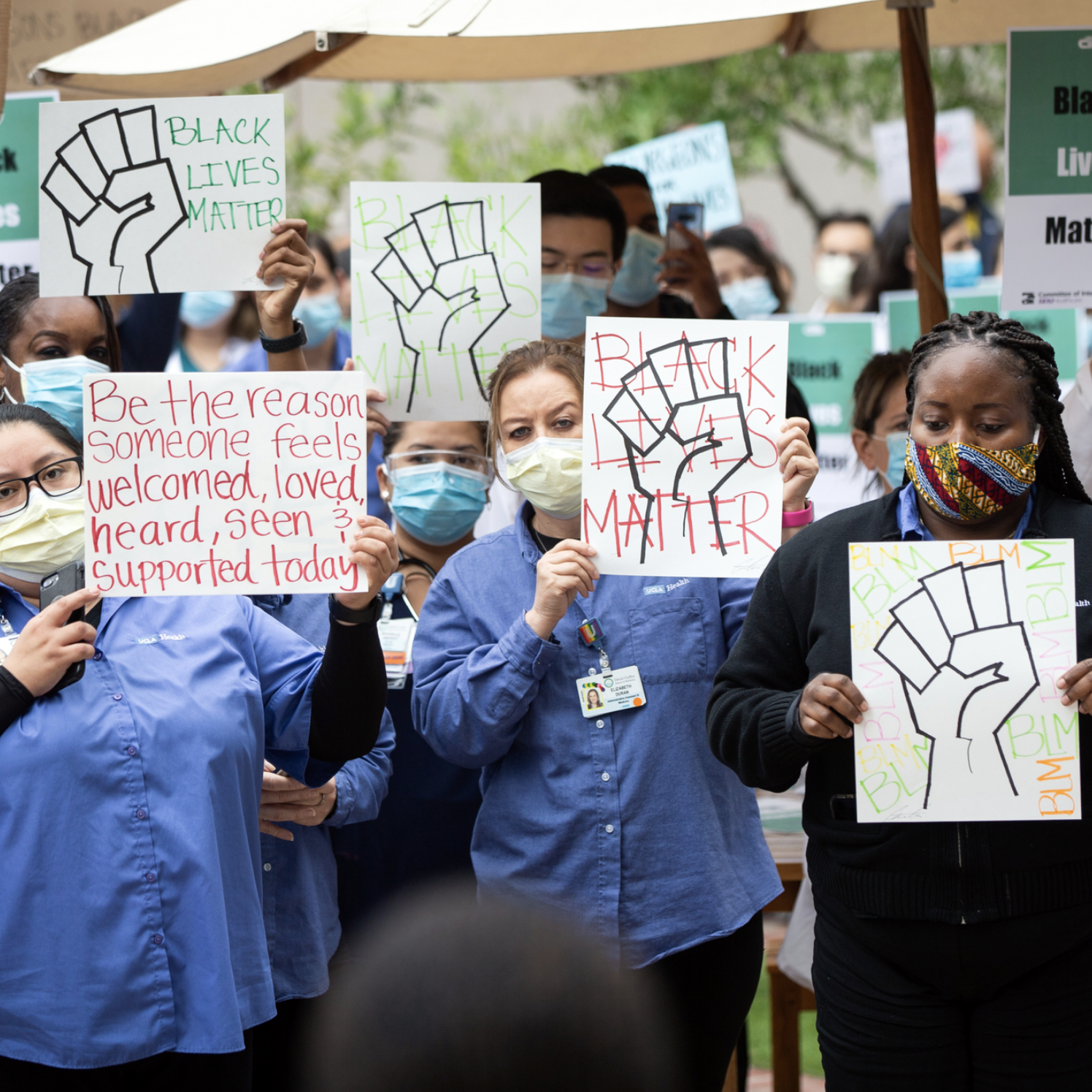
Health Equity and Translational Social Science (HETSS)
DGSOM’s newest research theme aims to create equity-centered patient care models
Under the leadership of co-chairs Rochelle Dicker, MD and Helena Hansen, MD, PhD, the theme, established in 2020, made their first year an inspirational one. Highlights include:
The HETSS Seminar Series
Co-sponsored by the Rangell Social Medicine Grand Rounds in April 2021, the seminar series featured timely talks on topics ranging from Structural Racism in Biomedical Research to Addressing Historical Trauma in Marginalized Communities.
HETSS Newsletter
The newsletter disseminates information regarding health equity resources, funding opportunities, event announcements, and also features a community spotlight.
Health Justice Internship
HETSS worked with UCLA medical students to help launch this paid opportunity for underrepresented minority high school students in California interested in healthcare careers.
I am proud to work with so many committed colleagues, students and residents at UCLA who foreground health justice in everything they do.” – Helena Hansen, MD, PhD
2021 Community Engagement Highlights
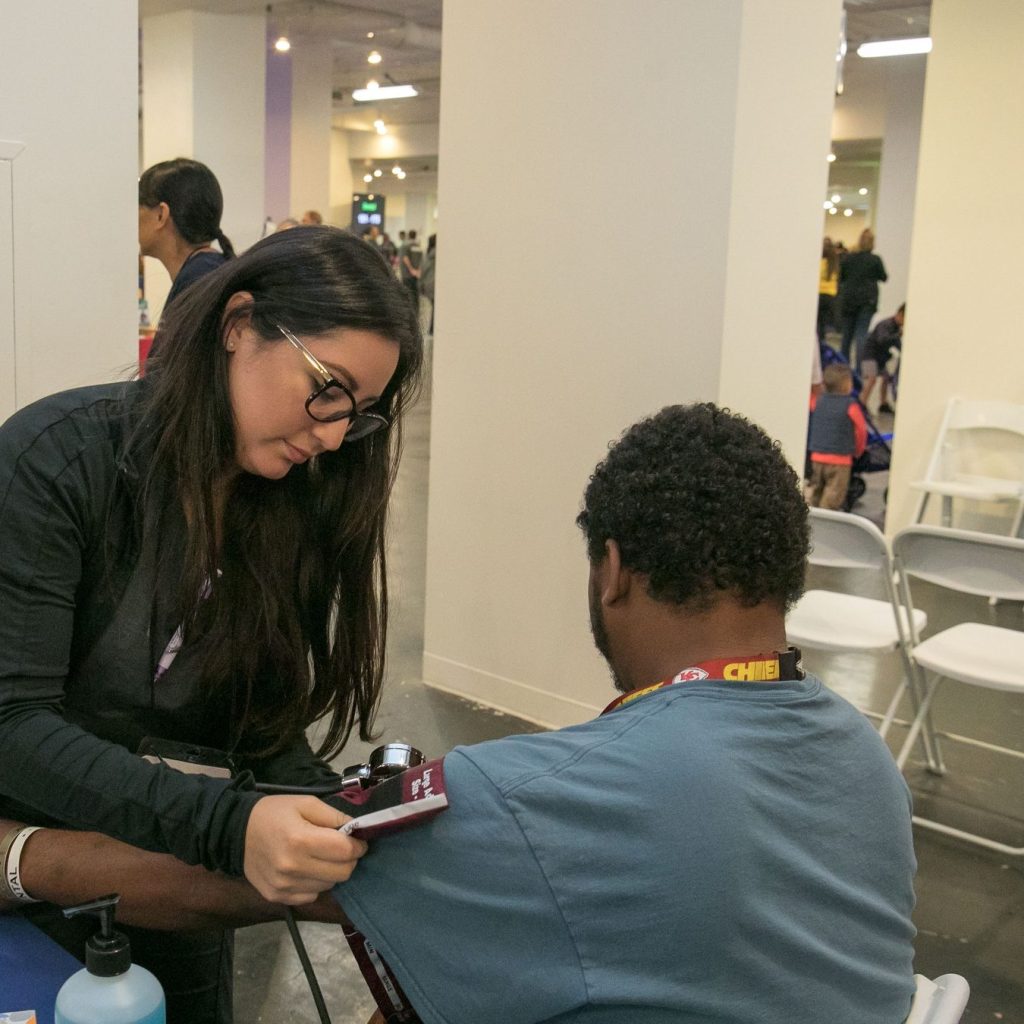
Caring for our internal, local and global community
Teams across our organization mobilized to provide individuals close to home and around the world with resources and critical health and mental health support.
- Creating new access centers and clinics for local homeless and underserved populations
- Providing faculty telemedicine services
- Mobilizing volunteers
- Establishing international partnerships
- Facilitating COVID-19 Vaccinations through The Get Out the Vaccine Campaign (GOTV), part of the STOP COVID-19 Project
Enriching our culture
New Cultural North Star (CNS) events and partnerships continued strengthening the DGSOM’s inclusive, mission- driven culture.
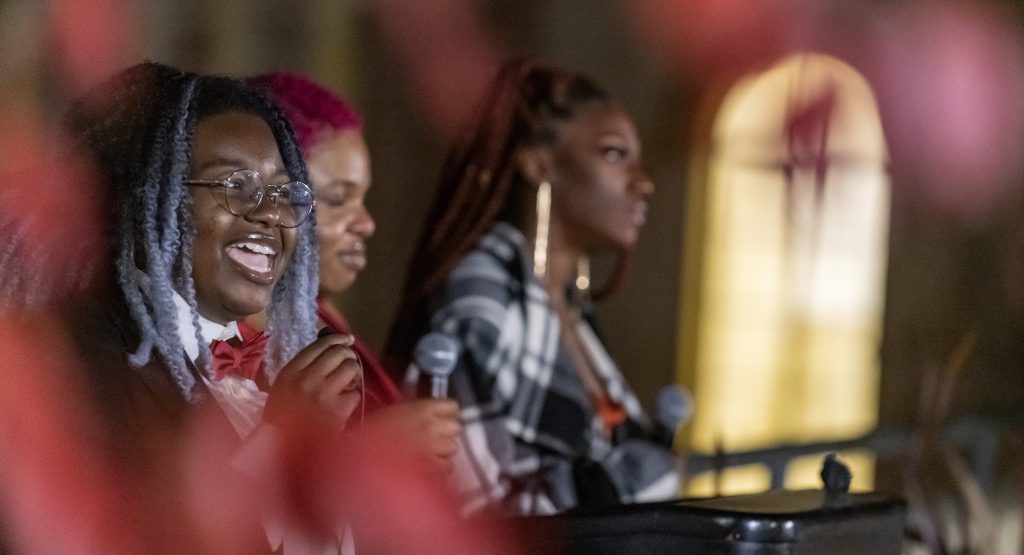
Events
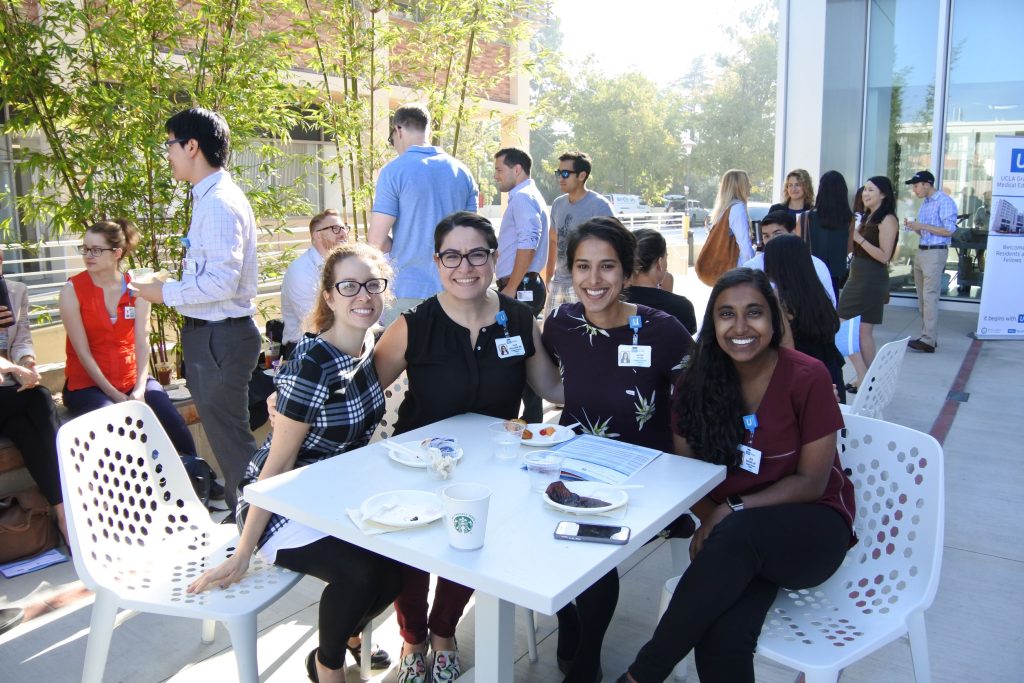
Healthcare Symposium
The Healthcare Symposium welcomed all members of the community to “COVID-19: New Horizons for Tackling Mental Health, Racism, Incarceration and Health Disparities”
Community Health Fair
Undergraduate student organizations, including Pilipinos for Community Health (PCH), have partnered with the UCLA David Geffen School of Medicine Community Engagement Program to provide clinical services and health education during their quarterly health fair with West Angeles Community Development Corporation (WACDC)
Fundraising
Over 1000 students attended the “Sponsor a Home,” the MCP’s annual donation and fundraising event on campus
Cultural North Star Speaker Series
A series of talks featured accomplished faculty and thought leaders in various domains of science and medicine to present work that is changing the world
Global Health Case Competition
UCLA’s first-ever Global Health Case Competition brought together multi-disciplinary student teams from across campus to solve a pressing global health problem
Virtual Summer Camp
The DGSOM/UCLA Health Community Engagement Program, directed by Carol Mangione, MD, MSPH, launched a Virtual Summer Camp to engage high school students from low-income communities
LGBTQIA+ Healthcare
The Pride Alliance at DGSOM and Charles R. Drew University of Medicine and Science collaborated with other regional medical and health professional students to organize the virtually, entitled “Connections: Examining the Intersections of LGBTQIA+ Healthcare”
AAPI
The Asian Pacific American Medical Students Association (APAMSA) hosted a regional conference,“COVID 19 and the AAPI Experience”
5K for Los Angeles
Student societies organized a virtual 5k for Los Angeles in which they raised funds for a Los Angeles non-profit organization
Philanthropy
During fiscal year 2021, UCLA Health and the David Geffen School of Medicine secured more than $279 million in philanthropic support. This exceeded the annual goal by 11 percent. “
Charlotte and Dr. Allen Ginsburg
Made a $29 million gift to create the Dr. Allen and Charlotte Ginsburg Center for Precision Genomic Medicine in the UCLA Institute for Precision Health.
LA Care Health Plan
Added to its full medical school scholarships for David Geffen School of Medicine students who are planning to work in underserved communities.
Maxine and Eugene Rosenfeld
Endowed the Medical Home Visit Program, which provides personalized health care for people with complex medical needs who have difficulty traveling to hospitals and clinics.
Dean’s Leadership in Health and Science Scholarship
Continued to fund an extra year of education for a number of medical students, enabling them to earn a second degree or engage in a productive year of full-time research.
